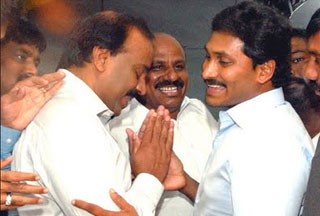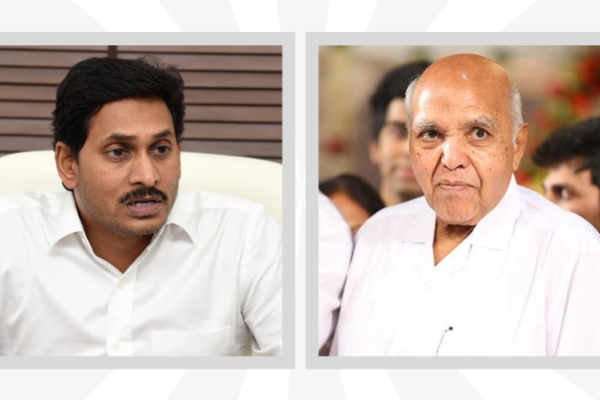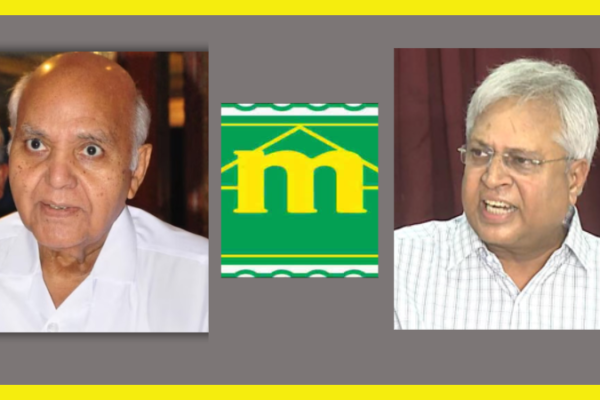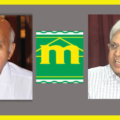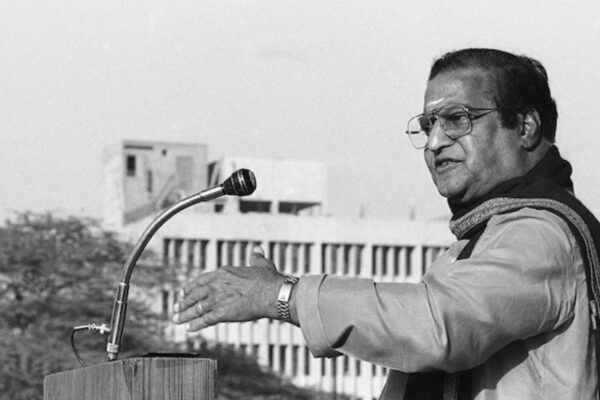The noisy Indian democracy has scripted a silent revolution. The politicians have arrived at a consensus on FDI policy. That is Family Direct Investment. Top hierarchy of political parties can have 100 percent FDI, allowing for hereditary route to the coveted organizational positions.
Unlike its economic counterpart, where 51 percent Foreign Direct Investment proposal in multi-brand retail met with stiff resistance, the political FDI policy was widely welcomed. “In fact, there are no reforms involved here. It is essentially the reaffirmation of faith in the long cherished value system of respecting the dynastic rights of ruling families,” a Congress spokesman said.
Both the national leaders and the regional chieftains were equally excited about the prospect of giving the long-held tradition a legal and constitutional framework. According to the policy draft, cleared by the union cabinet, the sons and sons-in-law of the incumbent party chiefs will have birthright over the post which cannot be challenged in any court of law. The word “sons-in-law” was included in the definition of the family to please the southern satrap and TDP chief N Chandrababu Naidu.
The political observers were quick to point out that this FDI policy was a masterstroke by the UPA leadership to get its sulking allies on board. “The DMK, NCP, RLD and MIM have extended their whole-hearted support to the policy. Even the potential allies like Samajwadi Party and RJD have pledged their support to us off the record,” the spokesman said.
Even some of the NDA allies like Shiv Sena and Shiromani Akali Dal and those in the no-man’s land like JD (S) and BJD were willing to cross over to UPA camp for upholding the great Indian family values. The development has also brightened the prospect of home-coming for YSR Congress President Y S Jagan Mohan Reddy who had walked out of the parent party for not applying the established family traditions in his case.
Asked about the “party with a difference” whose tallest bachelor leader has not named his heir apparent, the Congress spokesman quipped “For them, family means Parivar. Sangh Parivar, that is. So, it is the Sangh that decides the successor.” Similarly, the “ideological parents” from the foreign soil will guide the destiny of Indian communist parties, he reasoned.
While allowing 100 percent FDI in the top echelons of the party apparatus, the new policy, however, stipulates that 30 percent of the menial jobs like mobilizing donations and managing the voters must be sourced to the locally available small and medium thugs.


